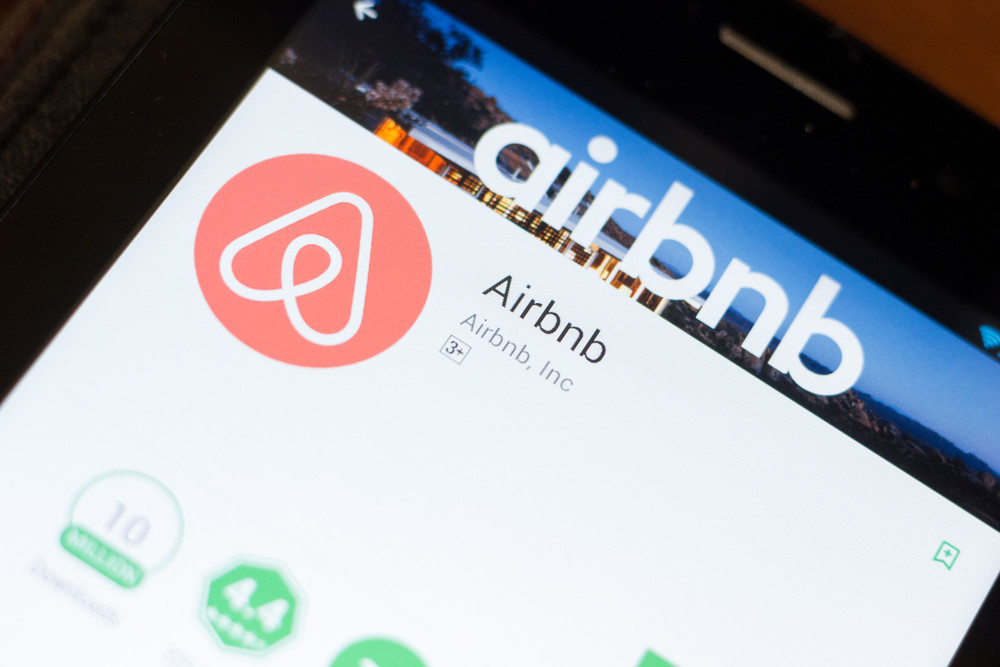During the presentation of his , Lex Delles (DP), minister for small and medium-sized enterprises and tourism, inserted a section on temporary rentals. Without naming the American giant Airbnb, preferring the term “short-term rental platform”, the minister explained that beyond a cumulative threshold of three months over a period of one year, the operator of a temporary rental will have to obtain a hospitality licence.
“Beyond three months, I think we are no longer in a casual sharing economy, but in a commercial activity. We were in a situation of unfair competition with hotel professionals. With this reform, we allow the freedom to rent occasionally while taking into account the need to regulate the activity that is similar to the operation of an accommodation establishment,” explained Delles.
144,000 overnight stays in 2017
As it does not provide figures on its activity in Luxembourg since its IPO in 2020, it is difficult to know exactly how much the Airbnb platform has grown in the country. To have an estimate, in 2018, the American giant had confirmed to Le Quotidien that it had counted 710 accommodations in Luxembourg and had recorded 36,000 customers in 2017, with an average of four nights per customer, i.e. a total of 144,000 nights in one year.
At the time, the subject was already a major concern for the Horesca federation. The federation estimated that this competition amounted to 250,000 overnight stays per year in Luxembourg in 2017. For its part, the economy ministry had estimated the number of stays via the Airbnb platform in Luxembourg at 70,000, i.e. 2% of the 3 million overnight stays, all categories included, recorded in Luxembourg in 2017.
When asked about Airbnb’s activity in Luxembourg, minister Delles said that he was not in possession of any data on the matter. Airbnb said it wanted “to be a trusted partner for the Luxembourg authorities. We are already working with a number of European governments to help guests rent their accommodation in a safe and responsible manner, in compliance with local regulations. We are currently in contact with the government to help implement proportionate regulation.”
Airbnb obliged to exchange with the tax authorities
The European Court of Justice, based in Luxembourg, validated on Wednesday the obligation for “short-term rental platforms” to communicate with national tax administrations certain data relating to tourist accommodation transactions.
In France since 1 January 2019, the Alur law limits the rental of a main residence in its entirety (occupied for at least 8 months per year) to a maximum of 120 nights per year in currently 92 cities. Beyond that, the rental posting is automatically blocked.
In Brussels, in order to rent out a property on the American group’s platform, you need to obtain authorisation from the Brussels-Capital Region. According to a study by the ULB university, only half of the accommodation on Airbnb is offered by individuals. The other half is offered by professionals and investors.
Airbnb is advocating for the creation of clear and proportionate regulation across Europe. Last December, Airbnb proposed the introduction of new harmonised European rules to safeguard the profits generated by short-term rentals in the EU.
This story was first published in French on . It has been translated and edited for Delano.
